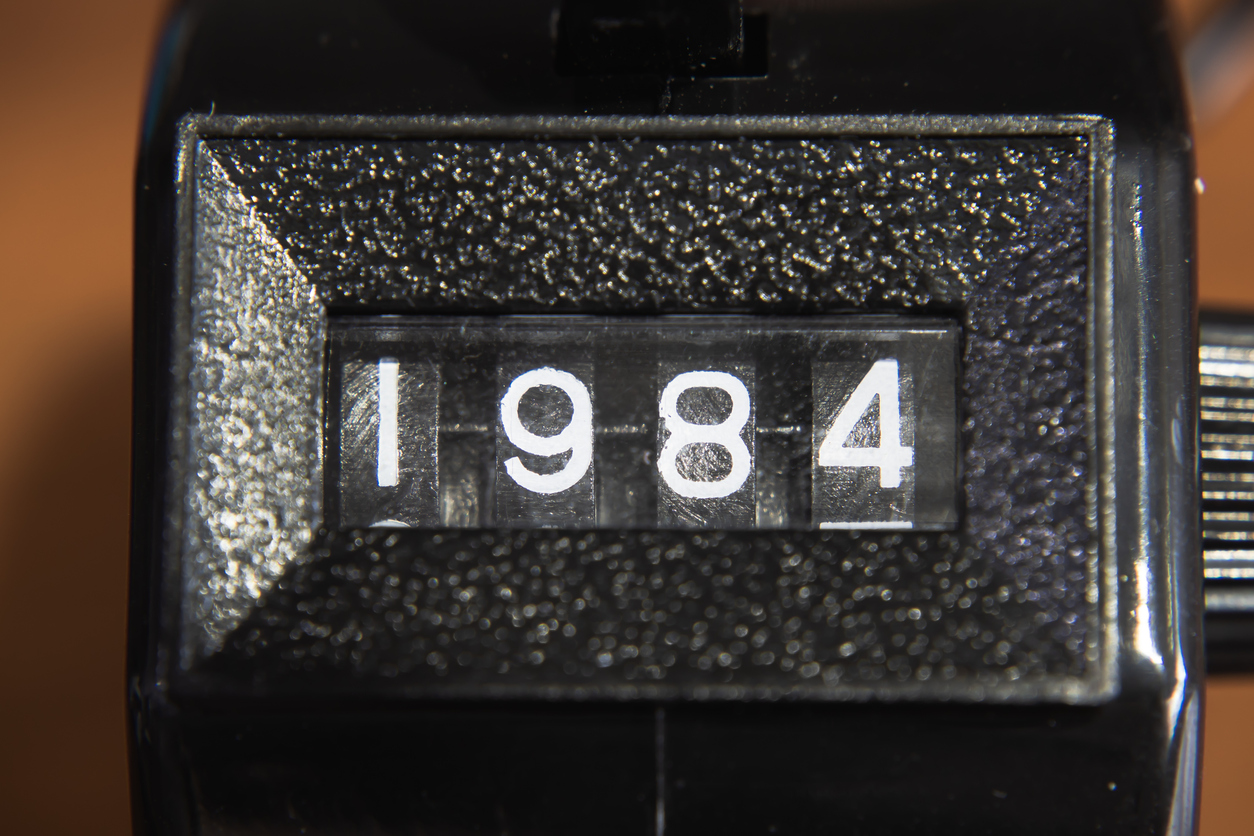These Make Us Think.
This is information worth sharing.
Orwel’s Surveillance plus Machiavellis’s Realpolitik

The assertion that our current political and social order is being guided by the tenets found in Machiavelli’s “The Prince” and Orwell’s “1984” is a complex one, often depending on perspective and the specific contexts within different countries or regimes. While it’s not accurate to say that these texts are handbooks actively guiding leaders and social structures, elements and themes from both works can certainly be observed in contemporary political and societal dynamics.
Machiavelli’s Realpolitik
Machiavelli’s pragmatism, focusing on the acquisition and maintenance of power, can sometimes be reflected in the actions of modern political leaders and governments. Strategies that prioritize power, control, and stability, potentially at the expense of ethical considerations, echo Machiavelli’s advice. This includes political maneuvering, alliance formation, and sometimes undermining democratic principles or norms to achieve or maintain power. However, it’s important to note that not all political action today is Machiavellian; there are numerous examples of leaders and movements prioritizing ethical governance, transparency, and democratic ideals.
Orwell’s Surveillance and War
Orwell’s portrayal of surveillance in “1984” is eerily prescient of today’s surveillance capabilities and the issues surrounding privacy, data collection, and state oversight. The extent to which technology has enabled governments and even private entities to monitor individuals is a significant concern, touching on Orwell’s warnings about the loss of privacy and freedom.
Orwell’s idea of a constant state of war also has parallels today, not necessarily in the form of perpetual traditional warfare, but in the ongoing conflicts, “War on Terror,” and other endless military engagements that some countries participate in. These conflicts can serve to justify increased governmental control, surveillance, and the curtailment of civil liberties, under the guise of national security—a theme Orwell explored as a means of control and manipulation by the state.
Are These Tenets Guiding Us?
While elements from both “The Prince” and “1984” can certainly be identified in modern society, it would be an oversimplification to say that our current political and social order is being directly guided by these tenets. Many democratic societies actively work against such dystopian outcomes, valuing transparency, accountability, and individual freedoms, and striving to balance security with privacy.
It’s also critical to recognize the role of public awareness, advocacy, and resistance in shaping political and social orders. The very fact that these works are studied, discussed, and critiqued suggests an active engagement with their themes and a desire to avoid the dystopian realities they describe.
In summary, while not direct blueprints, the themes of power dynamics, surveillance, and societal control explored in “The Prince” and “1984” offer valuable lenses through which to view and critique our contemporary world. They serve as cautionary tales, reminding us of the importance of vigilance, accountability, and the safeguarding of democratic values and human rights.



